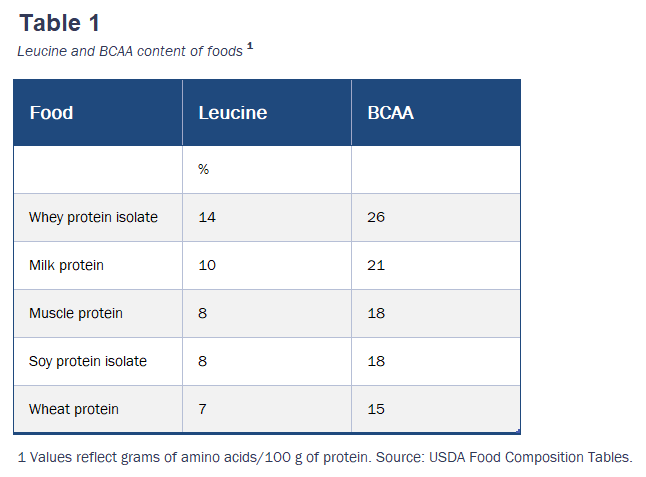As a personal trainer in Toronto and online fitness coach, one of the most common questions I receive is “How much protein should I be eating?”.
Well, that answer will depend on various factors such as current weight & body composition, age, exercise frequency and your fitness goals.
Protein
Protein is the primary building block of muscle tissues as well as skin, hair and various other connective tissues.
Furthermore, protein is comprised of 20 different amino acids. Out of all amino acids, BCAA’s (branched chain amino acids) play the highest role in muscle regeneration.
When you work out, muscle damage occurs. As an adaptation response, the body needs protein in order to repair and reconstruct the damaged tissues.
Muscle Building
When the goal is muscle growth, protein intake must be abundant and consistently ingested.
Although protein intake doesn’t have to meet a bodybuilder’s standard, it must exceed the current Recommended Daily Allowance (RDA). Current RDA is 0.8g per kg of bodyweight.
A study published in the Journal of Sports Sciences reported that athletes may require protein for more than just alleviation of the risk for deficiency, inherent in the dietary guidelines, but also to aid in an elevated level of functioning and possibly adaptation to the exercise stimulus. It does appear, however, that there is a good rationale for recommending to athletes protein intakes that are higher than the RDA. The consensus opinion is that protein intakes in the range of 1.3-1.8g per kg daily, consumed as 3-4 isonitrogenous meals will maximize muscle protein synthesis. (1)
Fat Loss
When the goal is fat loss, protein becomes significantly more important in the macronutrient equation.
Fat loss requires being in a caloric deficit, thus the danger for muscle loss becomes elevated. Protein intake must remain higher than average in order to help retain precious lean tissue.
The same study posted in the Journal of Sports Sciences continued on reporting that more protein should be consumed during periods of high frequency/intensity training. Elevated protein consumption, as high as 1.8-2.0g per kg a day depending on the caloric deficit, may be advantageous in preventing lean mass losses during periods of energy restriction to promote fat loss. (1)
A study published in The Journal of Nutrition evaluated two different groups during a fat loss phase consuming same amount of calories, but different macronutrient ratios. One group consumed 3.5g and 0.8g (RDA) per kg of carbohydrates and protein respectively. The second group consumed 1.5g of carbohydrates and 1.5g of protein per kg daily. The findings reported that the protein group lost significantly more weight and body fat, while retaining more lean tissue as well. (2)
Muscle Protein Synthesis
Muscle protein synthesis is the biological process in which proteins generate new cells, rebuilding and reconstructing the tissue to be bigger and stronger.
Leucine, a branched chain amino acid, seems to be the main driver of protein synthesis. This means that the protein sources and total amount you consume must contain enough leucine to successfully activate protein synthesis. An amount of 2.5g or more of leucine per meal is enough to do the job.
Furthermore, there’s evidence that despite the potent anabolic properties of leucine supplementation, a full complement of essential amino acids, in a rapidly digestible form of whey, is required to facilitate the anabolic actions of leucine leading to muscle protein accretion and hypertrophy. (3)
In other words, eating a meal containing an adequate amount of complete protein would be best.
Age
Sarcopenia – the loss of muscle tissue with advancing age , impairs physical function and destroying vitality.
Although the exact triggers aren’t determined yet, almost certainly involve changes in muscle protein metabolism resulting in protein loss. (i.e. when the rate of muscle protein breakdown significantly exceeds protein synthesis)
Contrary to popular advice and belief (i.e. RDA), greater protein intake is required to prevent muscle loss and acutely increase protein synthesis in older adults compared to younger individuals. (3)
As we age, protein intake requirement increases in order to stimulate muscle protein synthesis. Doing so can slow down or prevent sarcopenia, helping you maintain a strong and healthy body.
Dr. Grabrielle Lyon dedicated a major part of her life intensively studying protein and metabolism.
Based on her findings, she recommends 30-40 grams of protein from meat/whey, or 45+ grams of vegan protein per meal. This is due to vegan protein containing less leucine per gram.
In addition, eating three or more protein-filled meals per day will stimulate muscle protein synthesis, increasing strength and vitality.

Summary
In conclusion, protein is a key nutrient for muscle tissues, overall health and vitality.
During a fat loss phase protein intake should be higher, up to 2g or more per kg, while building muscle may require slightly less.
Regardless, my recommendation would be to incorporate a minimum of 30 grams of high quality protein in each meal.
There are no downsides to eating more protein, only benefits.
The myth of eating too much protein is bad for you, it’s just that – a myth.

